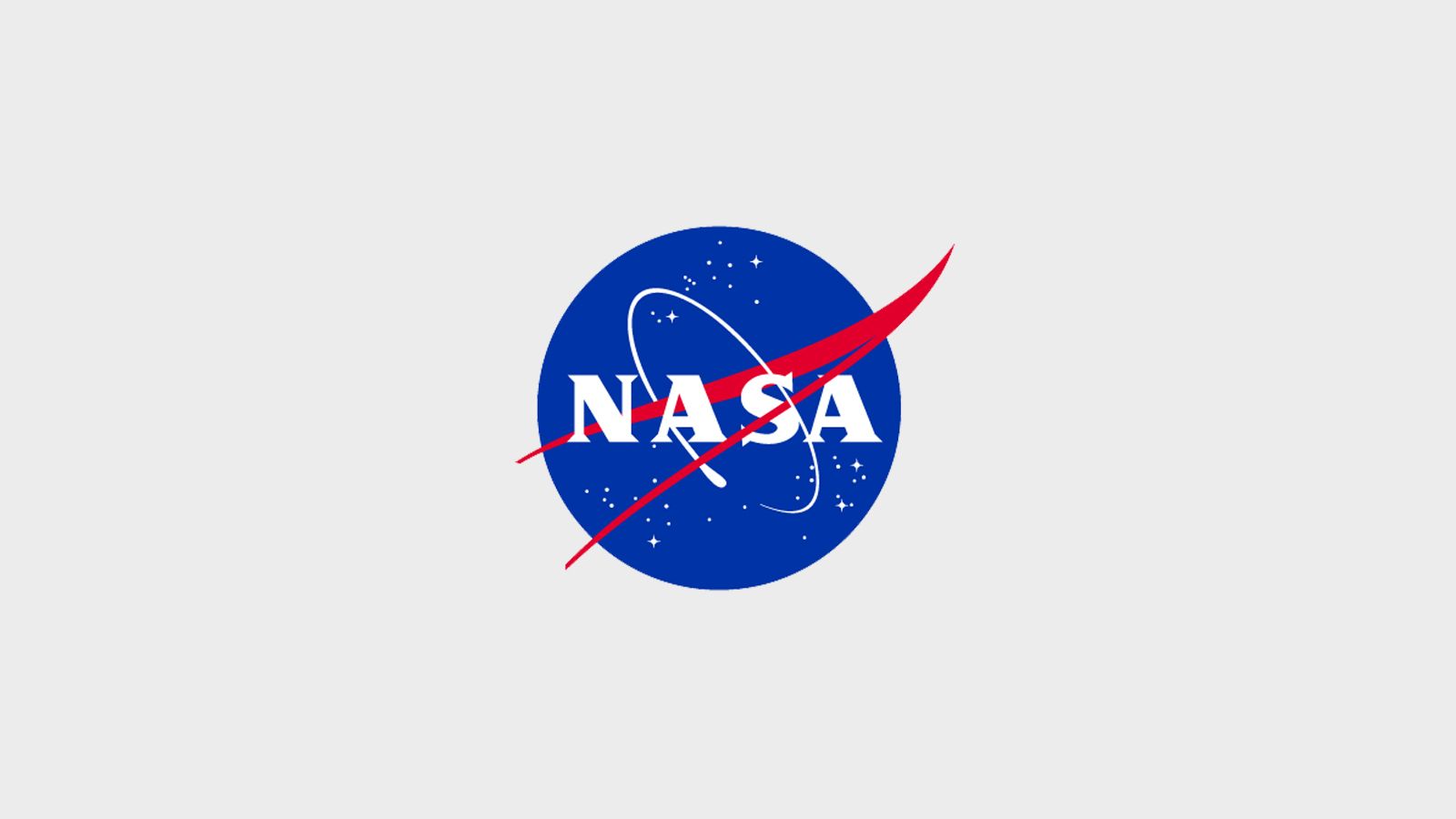To infinity and beyond!
Hunter College’s Department of Physics and Astronomy has received a five-year, $5 million award from the National Aeronautics and Space Administration for advanced research on storing energy for use in space.
Principal Investigator and Hunter Distinguished Professor of Physics Steve Greenbaum and his team of Hunter Physics faculty colleagues Profs. Yuhang Ren, Godfrey Gumbs, and Min Xu, along with Prof. Rob Messinger from City College Chemical Engineering, will be developing and characterizing materials for advanced batteries and supercapacitors for planetary exploration missions. The project involves close collaboration with NASA’s Jet Propulsion Laboratory and a significant portion of the funding will support student research internships there.
Electric power is necessary for all aspects of planetary missions, Greenbaum explained, adding, “notwithstanding the success of current battery technology that powers our cell phones and electric cars, new materials are needed to function reliably in the harsh environment of space. However, as with many technologies pioneered by NASA, these innovations often find their way back to Earth and improve our standard of living. The best part here is that our students will get a front-row seat in the process.”
The NASA funds come through its Minority University Research and Education Project Institutional Research Opportunity and Established Program to Stimulate Competitive Research grants, which are funded by the agency’s Office of Science, Technology, Engineering, and Mathematics Engagement. NASA’s MIRO award seeks to strengthen minority-serving institutions in areas of strategic importance to NASA.
Seven minority-serving institutions will receive this year’s grants for projects on a variety of research topics.
“NASA’s Minority University Research and Education Project Institutional Research Opportunity and Established Program to Stimulate Competitive Research awards help institutions raise their technological bar,” said Torry Johnson, deputy associate administrator of STEM (Science, Technology, Engineering, and Math) Engagement Programs at NASA Headquarters in Washington, D.C. “When institutions enhance their capabilities and infrastructure, they become more competitive in their research, which opens doors to valuable experience and opportunities.”
Hunter’s Department of Physics and Astronomy pursues projects in the forefront of modern research. These include experimental research in astronomy, optics and spectroscopy, biophysics and biomedical optics, nuclear magnetic resonance and renewable energy materials, and theoretical research in nanophysics, quantum information, and quantum optics. The research programs are well funded by five government agencies. Many faculty members are leaders in their fields, have won prestigious awards, and have earned international recognition.


